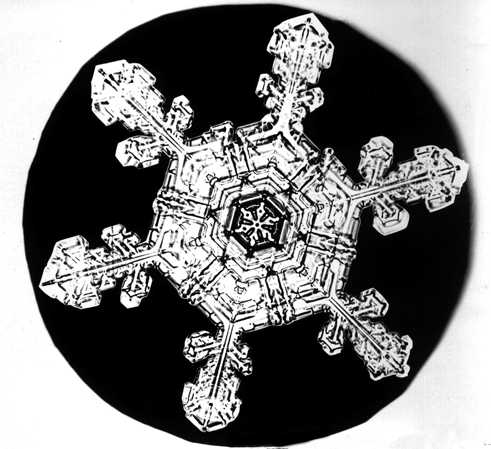From The New York Times site, where I first saw the news (The Rolling Stone site, which still lists Thompson as “national affairs desk,” doesn’t have an item posted yet):
DENVER (AP) — Hunter S. Thompson, the acerbic counterculture writer who popularized a new form of fictional journalism in books like “Fear and Loathing in Las Vegas,” fatally shot himself Sunday night at his Aspen-area home, his son said. He was 67.
“Acerbic counterculture writer who popularized a new form of fictional journalism.” Well, the AP’s got to play it straight. But I don’t think a description like that begins to touch what Thompson did. What do they mean, “books like ‘Fear and Loathing in Las Vegas”? Fact is, there’s nothing like it. And what Thompson did wasn’t to popularize a form of fictional journalism. He invented a new, sort of quasi-journalistic literary genre that challenged readers to figure out just what in it might reflect the writer’s experiences. The exercise was more to distill and intensify the reality he experienced. But no more stabs at explication and criticism from those ill-suited and unqualified to do it, like me.
The person I immediately thought of upon reading this news was Jay Johnson. Jay was one of the news editors at The San Francisco Examiner when Thompson was writing his column for the paper, and it often fell to him to be Hunter’s “editor” (he was just “Hunter” around the newsroom, though he was never there) — the person who would sweat in increasingly unquiet desperation as Hunter’s Sunday night deadline came and went. Hunter often (perhaps always, when it came to The Ex) communicated by fax. Back in the mid-’80s, when Hunter’s Ex saga began, fax machines would accept and print out long scrolls, not neat single pages. And Jay would be the one who would get Hunter’s scroll. The column was typewritten, but it was usually preceded or accompanied by a long, scrawled personal note to Jay or maybe just an off-the-cuff diatribe to set the tone. Long after Hunter stopped writing the column, he’d still fax his late night screeds to Jay. I sure hope he kept them. They’d be a minor (or, who knows in this world? — major) treasure.

